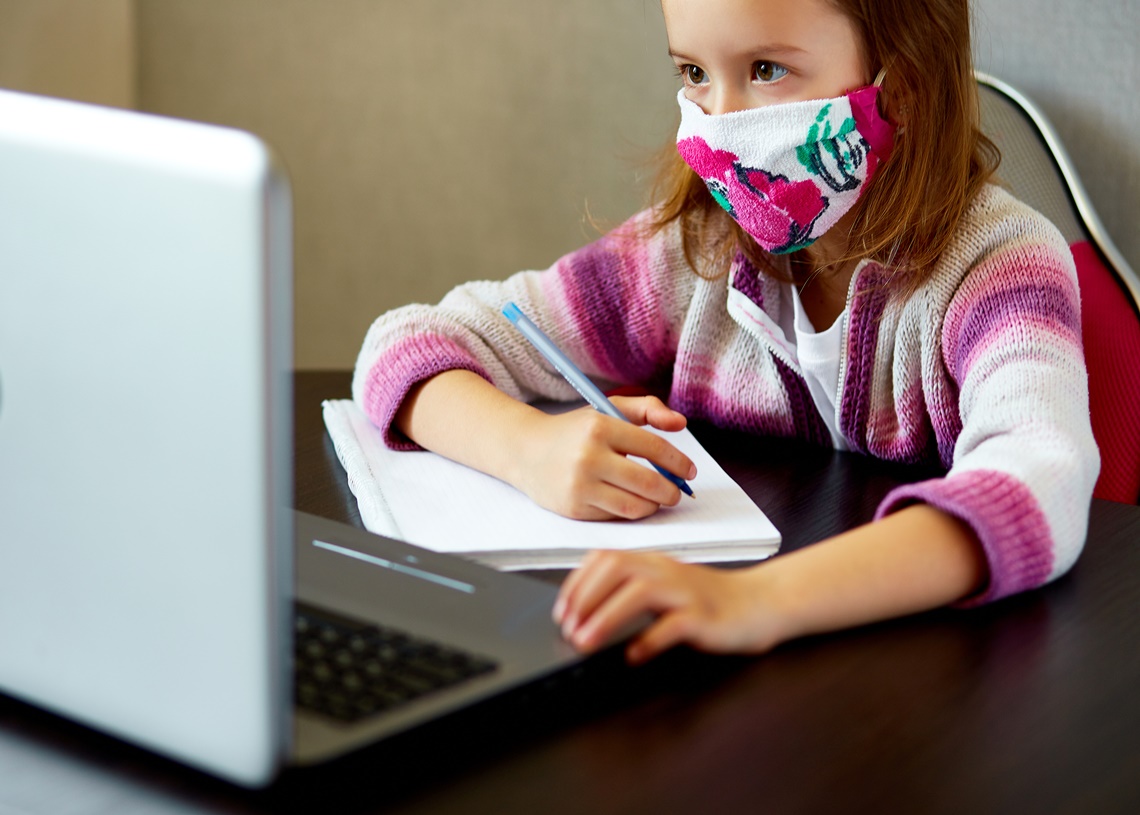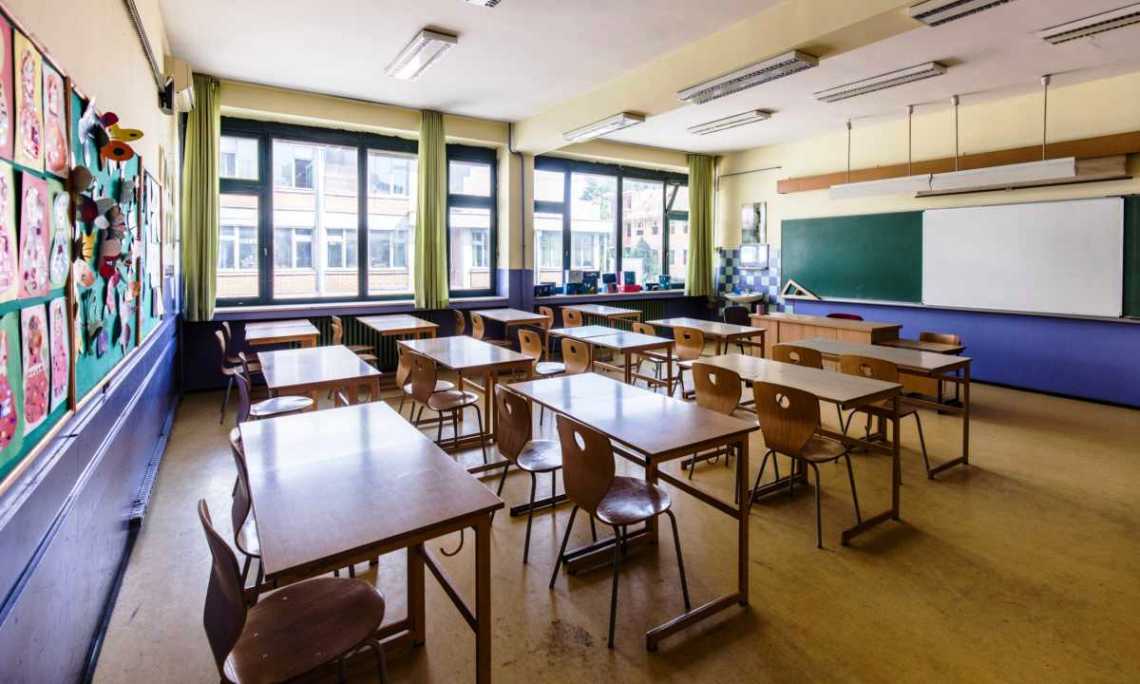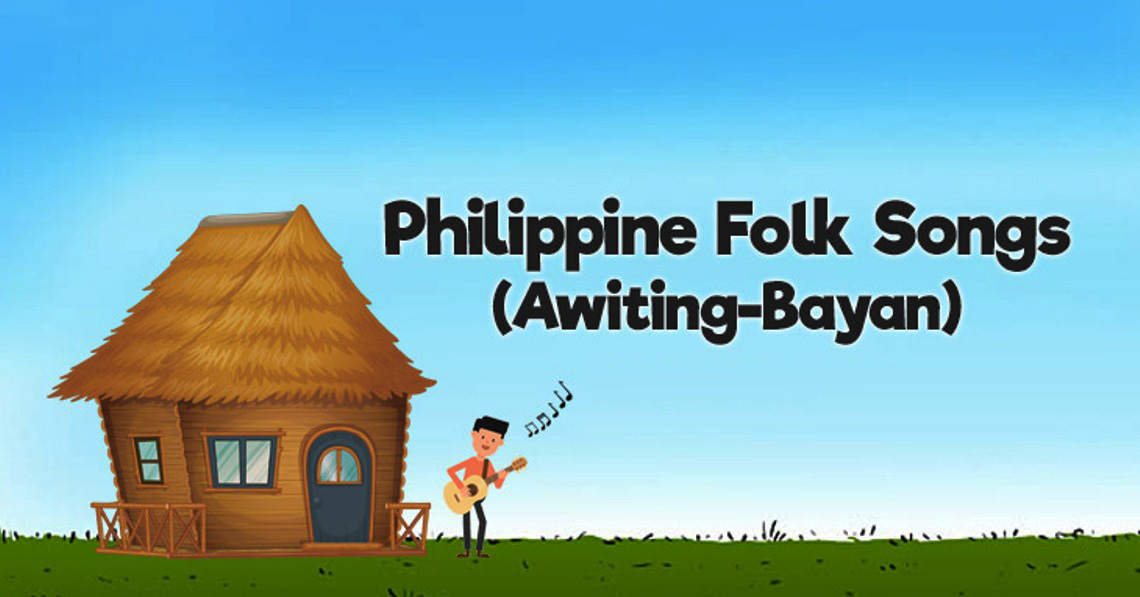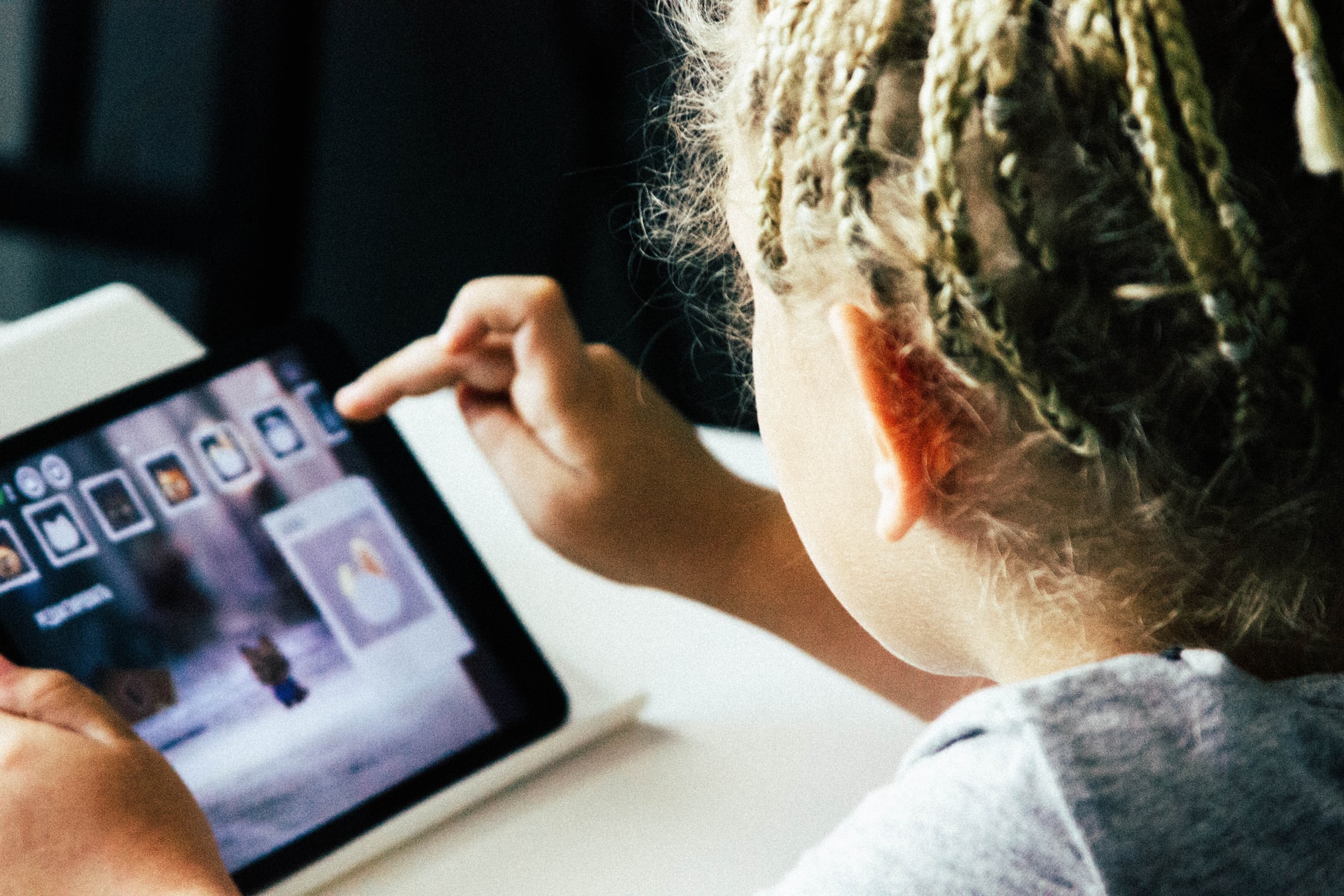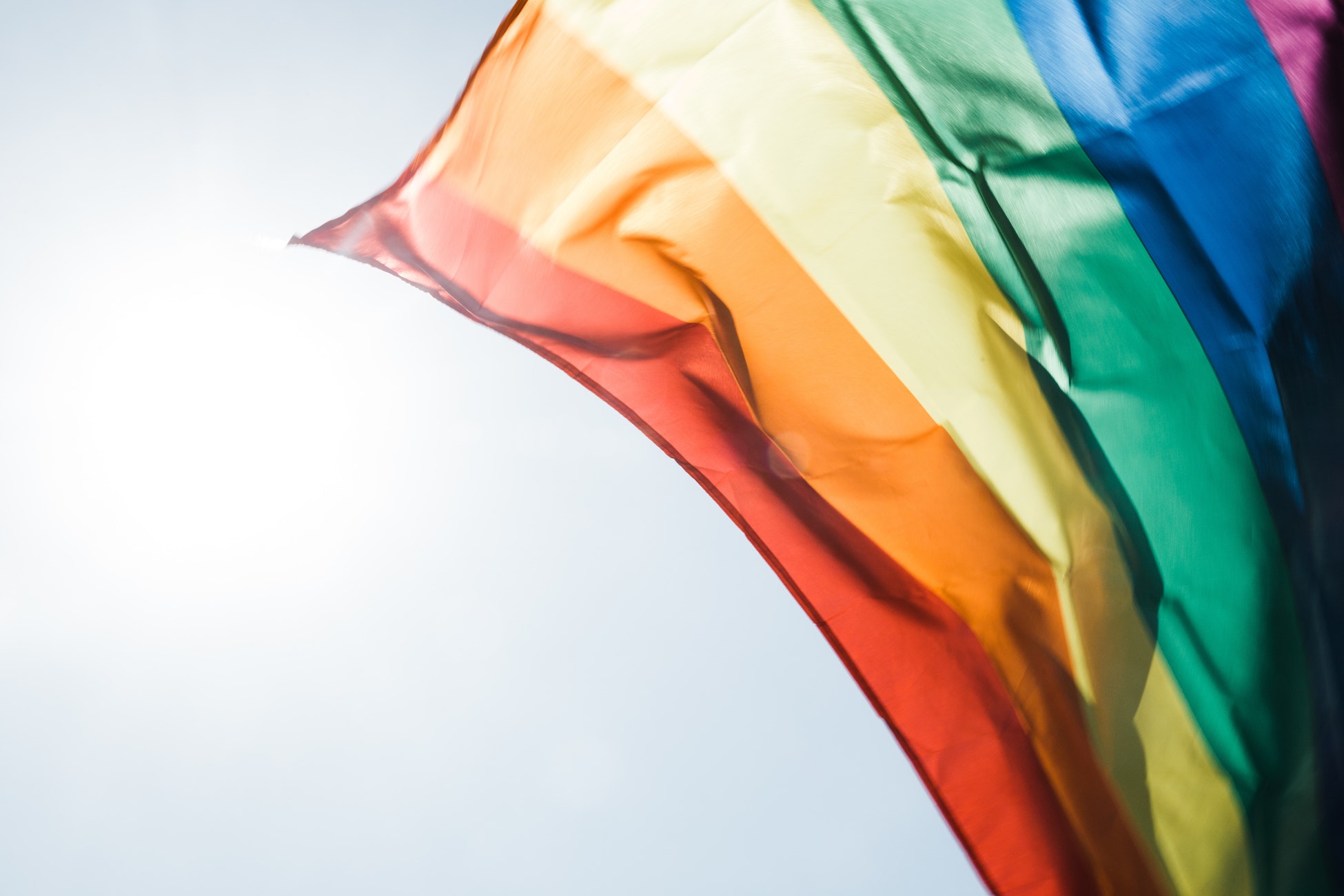The COVID-19 catastrophe has drawn attention to the unacceptable levels of education inequality across the globe. More and more children continue to suffer at the hands of circumstances beyond their control and understanding.
Armed conflicts, unexpected displacements, and climate change-driven disasters have highlighted the education inequality of over 75 million children and youth across the globe for many years. To top it all, the coronavirus pandemic and the near-total lockdowns to prevent its spread has resulted in over 184 countries closing down their schools and colleges, confining around 1.53 billion learners at home.
Yes, it is hard to come to terms with the far-reaching consequences of this protracted crisis. However, what’s harder to accept is the fact that the intensity of these challenges is varying from country to country, family to family, making education inequality more glaringly apparent than ever before.
COVID-19 exposes homeschooling challenges
Speaking to The Guardian, an Australian parent and an education sector worker narrates her eerily familiar experience involving homeschooling three kids, while continuing with her remote line of work, and keeping calm at all times to ensure that her mental stress does not hinder the progress of their remote learning amid COVID-19.
It’s exhausting, she says, as each day is different. While on some days, kids are incredibly cooperative, there are days when they just wouldn’t listen. The same goes for an Italian parent who is equally concerned about the prolonged time away from schools and its long-lasting effects on the minds of the children. Kids who are reserved find it increasingly challenging to interact with teachers and other kids via a laptop, she explains.
And yet, the education inequality goes far beyond the perceptions of parents who are struggling to make their children cope up with homeschooling methods while making sure their own work schedule does not get affected.
What COVID-19 reveals about education inequality worldwide
Bulgaria is a country known for its centuries-old conservative mindset when it comes to teaching kids and a hierarchical educational system that hasn’t turned over a new leaf in years. Despite their steadfast belief in old school methods, most Bulgarian teachers, who are above 50 years of age, are now taking efforts to adapt to the new educational normal post-COVID-19.
According to a teacher from Plovdiv, Bulgaria’s second-largest city, coronavirus transformed Bulgaria’s education landscape overnight. From making paper notes to drafting emails, teachers in Bulgaria have had to change their teaching methods dramatically by undergoing extensive and long-hours of training on digital modes of teaching. And they have held on impressively, she adds.
That said, yet another education inequality surfaces when reports reveal that over 11 percent of Bulgarian students do not have access to online learning methods due to lack of infrastructure. Teachers are forced to talk to students and explain to them the concepts either via phone or face-to-face.
Similarly, an elementary school teacher from Palermo, a Southern Italian city, argues that even though Italy was one of the first nations to close down their schools and colleges, the authorities are still trying to figure out whether or not all Italian kids have the necessary means to access education online.
Developing economies against the developed
There are countries like Spain and Singapore which are handing out thousands of electronic devices to underprivileged school and college children to help them carry on with their learning. In contrast, universities in countries like India are lagging far behind the rest of the world in their fight against the deadly virus and missing out on education, which seems less of a priority.
Exposing a massive digital divide, an article published by Scroll reveals that only 8 percent of the Indian families have access to remote learning infrastructure, implying that an enormous chunk of India still relies on offline schooling methods.
And it’s not just the developing economies who are witnessing grave disparities in the education system. Advanced countries like the US are also experiencing the worst-ever education inequality in tough times like these.
In the US, students from public school districts do not have the necessary training and technological competencies to continue with their education. However, it is business as usual for the children from privately-owned educational institutes who are better equipped and prepared.
COVID-19 presents challenges as well as opportunities
As UNESCO narrates, the impact of prolonged school closures is far more severe for vulnerable and marginalized kids. The disruptions are not only aggravating the already existing education inequality but also expanding the gap between the rich and the poor.
Indeed, the novel coronavirus has exposed some of the deep-rooted education inequality and structural imbalances even in a digitally-driven age. Barriers are many, but the opportunities are immense too.
Blockchain Babe – a revolutionary concept based on the blockchain platform envisions a child of tomorrow who is unfettered by the constraints of gender, class, ethnicity, or economic circumstances yet remains empowered by an unquenchable thirst for knowledge and her one and only asset even in testing times – blockchain.
Perhaps, Covid-19 is a wake-up call. You cannot always wait for something to happen but take the conundrum by the horns and make it happen. As the renowned social media influencer and co-founder and CEO of English Forward, Mitch Rankin says, to learn something new, we need to “unlearn” something old, let us take the opportunity to look past education’s terrible habits and be the force that challenges old ways and ensures a better outcome, even in times of adversity.



